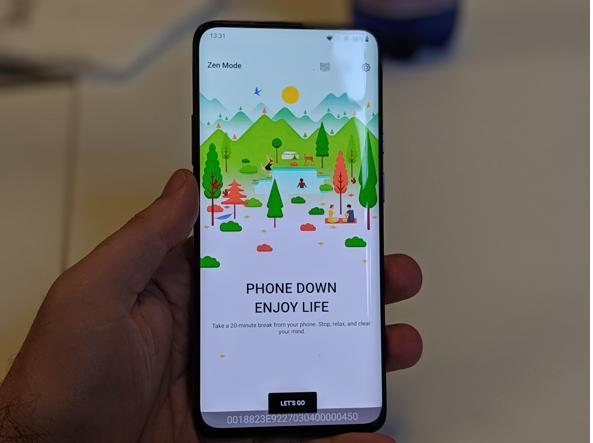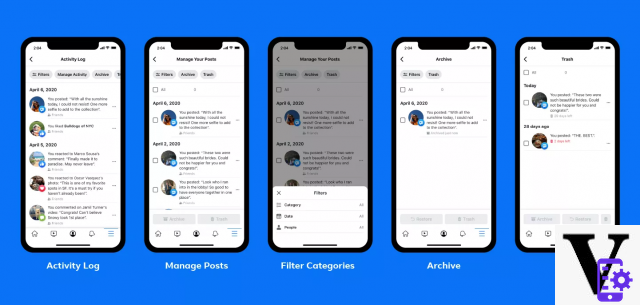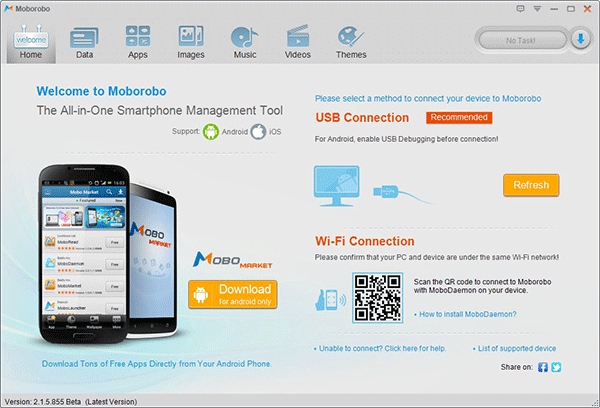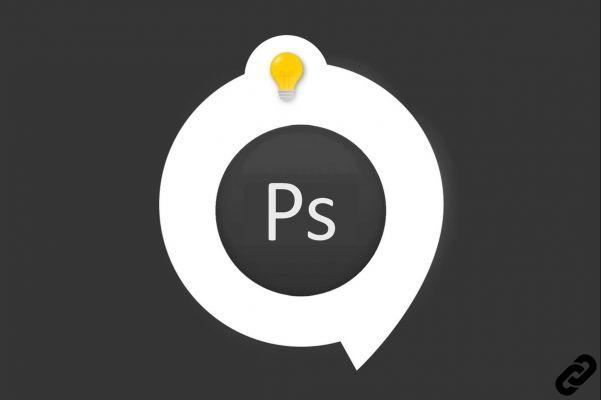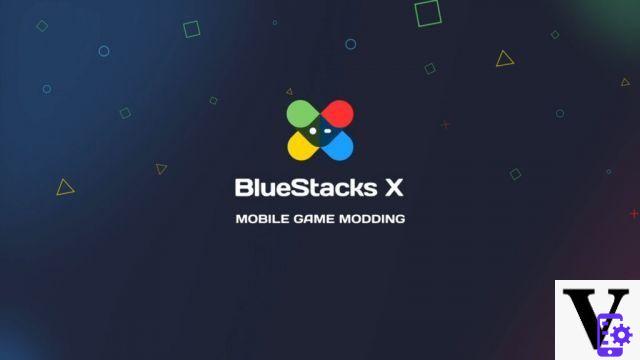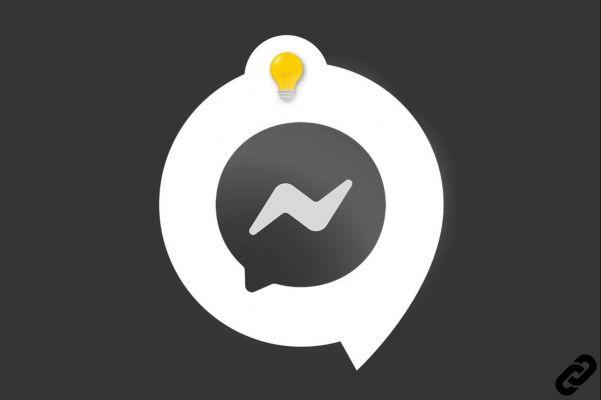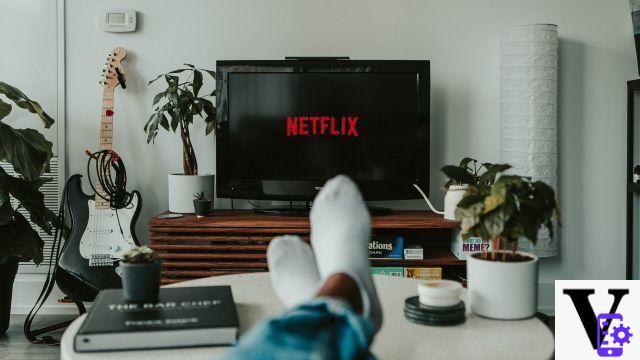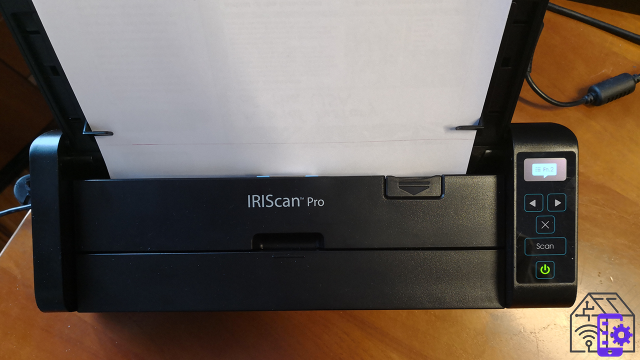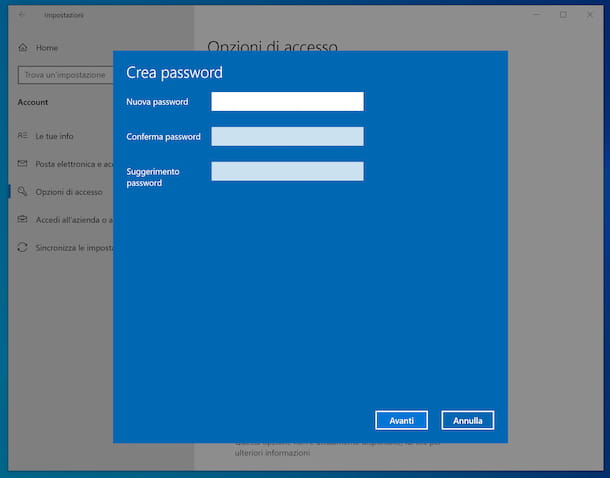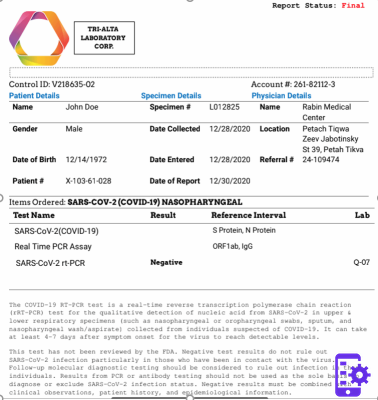
I do not like. No, it is not a judgment on the book that is being reviewed. I'm three simple words which, in the days of social media, have now become more than ever limited. I social they have taken away our freedom to express this concept. Think about it, it seems trivial, yet it isn't.
In this new essay, entitled "For a handful of likes: why social networks don't like dissent", Simone Cosimi tells us why we should be indignant.
But let's take it one step at a time and try to understand what the book is about and who it is for.
I like or I don't like (on Facebook)? This is the dilemma
Simone Cosimi is not a new pen to the issues of social media and their uses and consumption. Co-author of books such as “Born, grow up and post. Social networks are full of children: who protects them? " o “Cyberbullying“, as well as a professional journalist who collaborates with Repubblica, D, Wired, VanityFair.com and other national newspapers, he is a writer who more than once has shown that he knows what he is saying.
There was a need to say more on the topic of social media. Some themes dealt with in previous texts, are taken up in this last book, such as il issue of cyberbullying and privacy, especially towards those more fragile users, such as i minor. But the author, this time, focused on the concept of "like" of Facebook and other social networks.
Let's clarify it immediately: if you were looking for yet another manual or treatise on "how to become the new Ferragni" or "grab a slew of likes and earn big money“, We are sorry to tell you that this text could not for you. Or better, it would still be for you, but only if you want to start from the desire to deepen this need we have to "experience" to the people.
Facebook and other social networks: the pleasure of not liking
 The author expresses accurately (and synthetically in his 115 pages scarce of the paper format), a perfect analysis on origins of the "likes", starting from the story of FriendFeed up to its evolution over time, with the addition of reactions through the emoji or the little heart.
The author expresses accurately (and synthetically in his 115 pages scarce of the paper format), a perfect analysis on origins of the "likes", starting from the story of FriendFeed up to its evolution over time, with the addition of reactions through the emoji or the little heart.
A path that aims to direct the reader to find, thanks to the text, one and more answers to the question: but why do we need "pleasure"? The book analyzes the psychological and maketing processes by which Facebook, then Instagram, TikTok, Snapchat and others have reduced our expression abilities, reducing everything into one thumbs up. No thumbs down, no chance to say "I don't like it". And if you're wondering "but why, do we really need to say we don't like it?", Yes, the text explains why there is really a need, in a connected world now more than ever, to explicitly say "I don't like it". No angry smilies, no forced silence, the powerful freedom of an explicit "no, I'm not, it's not okay".
”[…] Pleasure tends to be linked to repetition while sorrow is linked to breaking up. Human beings are therefore inclined to repeat what generates pleasure while doing everything, even if sometimes with difficulty, to avoid repeating negative experiences. "
In particular, the text focuses in a clear and at the same time complex way, also through the in-depth analysis of other industry experts, on why dissent was banned on Facebook. The power and the risk to say "I don't like it", as it happens on YouTube where, on the contrary, a similar stance by users can lead to cyberbullying. Or, in addition, a "like" put on Facebook pages openly antisemitic, may also compromise our social reputation. So are social networks right to prohibit us from using the "I don't like"?
"[...] if a horrible content is posted on Facebook, the community has some way to report it or to have its say by commenting, but it does not have the strongest and most powerful possibility of eliminating it, ousting it from the debate, helping for example to make it disappear from the bulletin boards with the sole force of perfectly specular opposition, with all the abuses that this method could face. [...] "
"For a handful of likes": who is it suitable for?
Starting from the beginning with a note of merit for the cover and the title that deliberately plays with "for a bunch of dollars"In the end, the author does not leave his own interpretation, a resolution to the arcane" like or dislike on social media ". Leaves a real statement, supported by treatises and research. Perhaps, also for this reason the book is "academic“, A probably difficult essay for those who expected to find among its pages the magic formula for success. This is a book that does not solve the Facebook algorithm, it does not pamper our sense of pleasure and please, indeed, shake our consciences, it is a text that should be studied at theUniversity. Even more in those masters in the sector and the like. In the end, it is a book that you should like because of its treatise on disliking.
Discount
 For a fistful of likes. Why Social Networks Don't Like ...
For a fistful of likes. Why Social Networks Don't Like ...
- Cosimi, Simone (Author)




